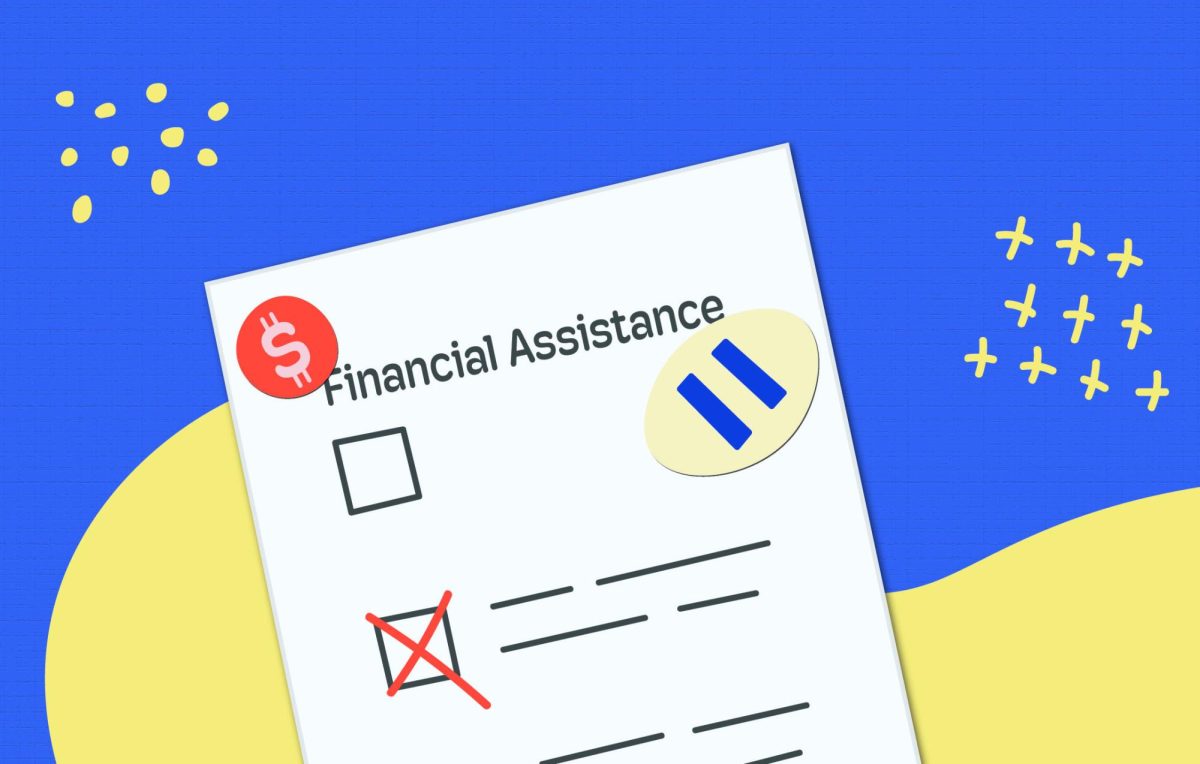After President Donald Trump’s administration announced Jan. 27 a freeze on federal financial assistance programs like grants and loans, a federal judge, Loren AliKhan, temporarily blocked the pause.
What the order said
Initially, federal financial assistance programs were supposed to halt activity so the administration could review their purposes. While this is still the plan, according to the administration, the original memo has been rescinded due to its confusing nature.
Since the order came into public eye, many non-profits and states have sued Trump over it, citing that the funding pause would cause various issues within their operations.
A second judge has temporarily restrained the order as well, in response to the mass confusion.
What happens next
Although the short-term blocks issued by the judges only stop the freeze until Feb. 3 at 5 p.m., a long-term block or Supreme Court action to prevent the order further is expected to be considered.
Despite the fact that the current court holds a 6-3 conservative majority that has previously sided with Trump, in recent years there have been judicial motions to limit presidential powers.
In 2024, the Supreme Court overturned the 1984 Chevron precedent, which gives the courts freedom to independently judge, instead of adhering to an agency’s individual interpretation of a policy when ambiguous legislation is questioned.
Whether the Supreme Court moves to examine and block it is currently unknown, but experts say it will surely be important to watch.
Ari Collins is a beat reporter. Contact her at [email protected].



